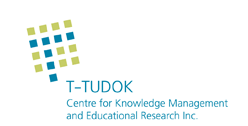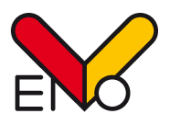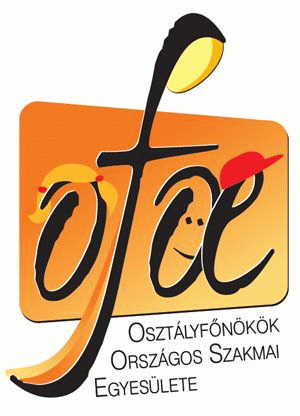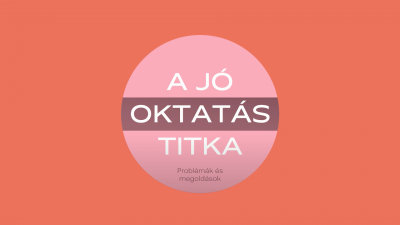OECD CERI Project on Measuring Creativity and Critical Thinking Development (2015-2017)
Between April 2015 and July 2017, the OECD launched a two-year pilot program with a dual goal: firstly, to provide teachers with a toolkit to develop creativity and critical thinking, and secondly, to include tasks measuring creativity in the 2021 PISA study.
Creativity and critical thinking competencies came into focus at the OECD because several studies have shown (for example, the World Economic Forum) that these are the main drivers of economic competitiveness. Still, according to feedback from employers, these are the areas that are most lacking in today’s employees.
Five countries participated in the first half of the two-year phase (Hungary, Thailand, Slovakia, USA, France), and in the second phase, 14 countries signed up. The Hungarian participation was motivated by the fact that in the whole of Europe, only the English and Hungarians had a school program that developed creativity (Creative Partnership program), for which they also had measurement results.
The project aims to develop a formative assessment tool that helps teachers develop students’ creativity and critical thinking, and, if possible, can also provide a framework for students’ self-assessment. The tool will be linked to recommended pedagogical practices and tasks that allow students to demonstrate the development of their abilities and their progress.
In Hungary, T-Tudok conducted the measurement in 15 schools in the 2015/2016 school year, in a total of 18 experimental and 22 control classes, in grades 3, 7, and 10.








